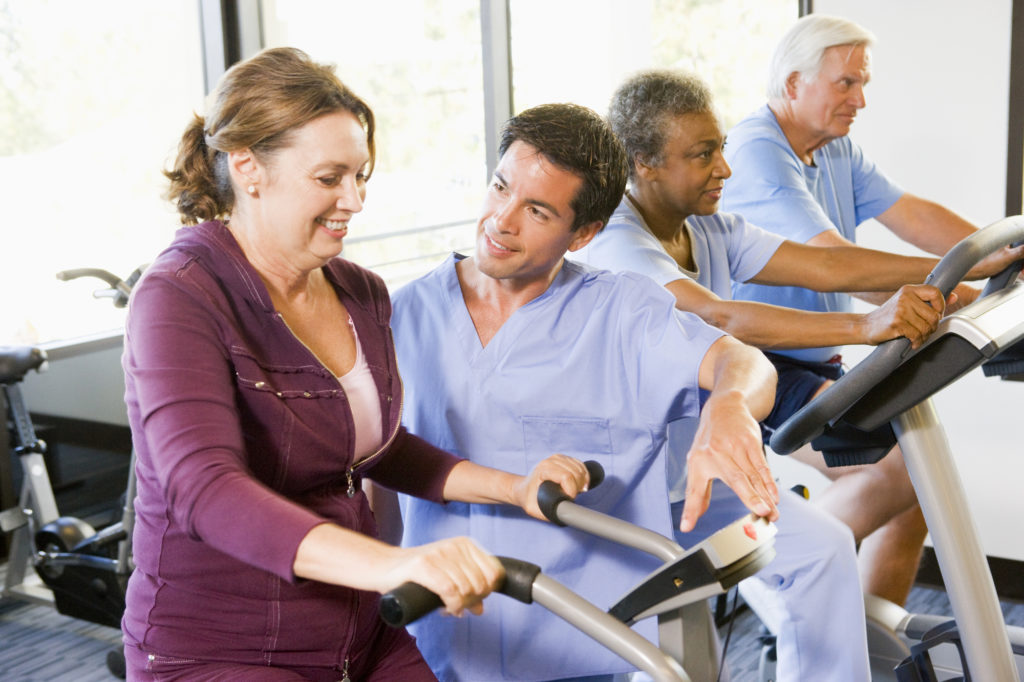Cardiac rehabilitation is an effective program for preventing heart attacks and establishing heart-healthy habits. Given that heart disease is the leading cause of death in the United States, about 800,000 people have a heart attack each year, and a quarter of those people have had a previous heart attack, it’s important to do whatever possible to prevent heart problems.
Helpful as cardiac rehabilitation is, it is more suitable for some cases than others. Here is what you need to know about when this medically-supervised treatment program is necessary.
Who Is Eligible For Cardiac Rehabilitation?

If you are eligible for cardiac rehabilitation, your doctor will provide you with a referral to a program. A doctor’s referral is necessary in order to take part in this program.
You may be a good candidate for cardiac rehab if you have suffered from any of the following conditions or had any of the following procedures done:
- Heart attack
- Heart failure
- Heart transplant
- Angina
- Cardiomyopathy
- Heart valve repair or replacement
- Angioplasty and stents
- Peripheral artery disease
- Coronary artery disease
- Coronary artery bypass surgery
- Pulmonary hypertension
- Certain heart diseases
- Mechanical heart pump
- Lung transplant
- And more
Unfortunately, doctors only refer about 1 in 5 eligible patients to cardiac rehabilitation. If you believe that you could benefit from this program, discuss it with your doctor.
Who Isn’t Eligible For Cardiac Rehabilitation?
Wonderful as cardiac rehab is, it is not suitable for everyone with heart issues. This is because, while rare, some people can suffer injuries in the program. While you are carefully monitored throughout your treatment in order to minimize risk, there is a small risk of cardiovascular complications.
You also may be eligible for cardiac rehabilitation in the future, but not yet. Your medical team will carefully evaluate your condition in order to determine the best course of action for you. If you have had a heart surgery, you may not start cardiac rehab until a month after your surgery. If you have had a stent placement or heart attack, you may not start it until 2 weeks later.
Your medical team is on your side. Their goal is to help you recover and to prevent future heart problems for you. If you are not eligible for cardiac rehab, they will recommend other courses of action to help you recover and keep you healthier.
Who Does Cardiac Rehab Help?

Cardiac rehabilitation can help anyone with an eligible heart condition, be it mild, moderate, or severe. This includes people of all ages and genders.
However, cardiac rehab is an underutilized treatment program. Women and older adults are less likely to enroll in or complete a treatment program. This could be because doctors are less likely to recommend cardiac rehabilitation to women. Older adults are more likely to believe that they are not physically able to participate in this program, and would rather take a pill.
Many who could benefit from this treatment program simply aren’t aware of its value or are not referred to a program. This results in lowered enrollments than there should be. It is not as widely and systematically implemented as it should be.
Additionally, while most insurances cover cardiac rehabilitation programs, this can depend on the condition. The financial barrier can prevent people from getting the help that they need. Even those for whom this treatment program is covered may struggle to afford it, due to the co-pays per session.
Thus, while cardiac rehabilitation can help many people across age groups and with various conditions, people may not obtain the help that they need, for a variety of different reasons.
Does Cardiac Rehab Work?
In a word? Yes.
This treatment program is personalized to you and your specific needs. You will be carefully monitored in order to prevent risk of injury. You will receive counseling on how to live and maintain a healthy lifestyle, and can enjoy benefits such as decreased stress, improved mood, and weight loss. Most importantly, cardiac rehab lowers your risk of future heart problems.
If you would like to learn more about how this program works, our previous blog, How Does Cardiac Rehab Work? goes into depth on the subject. Our previous blog, 4 Benefits Of Cardiac And Pulmonary Rehab, goes more into depth on the benefits of this program.
Cardiac And Pulmonary Rehabilitation In Northern Utah
Wasatch Peak Physical Therapy provides cardiac and pulmonary rehabilitation services in Northern Utah. We’re here to help you recover and to lower your risk of future heart problems. Contact us today to learn more.

